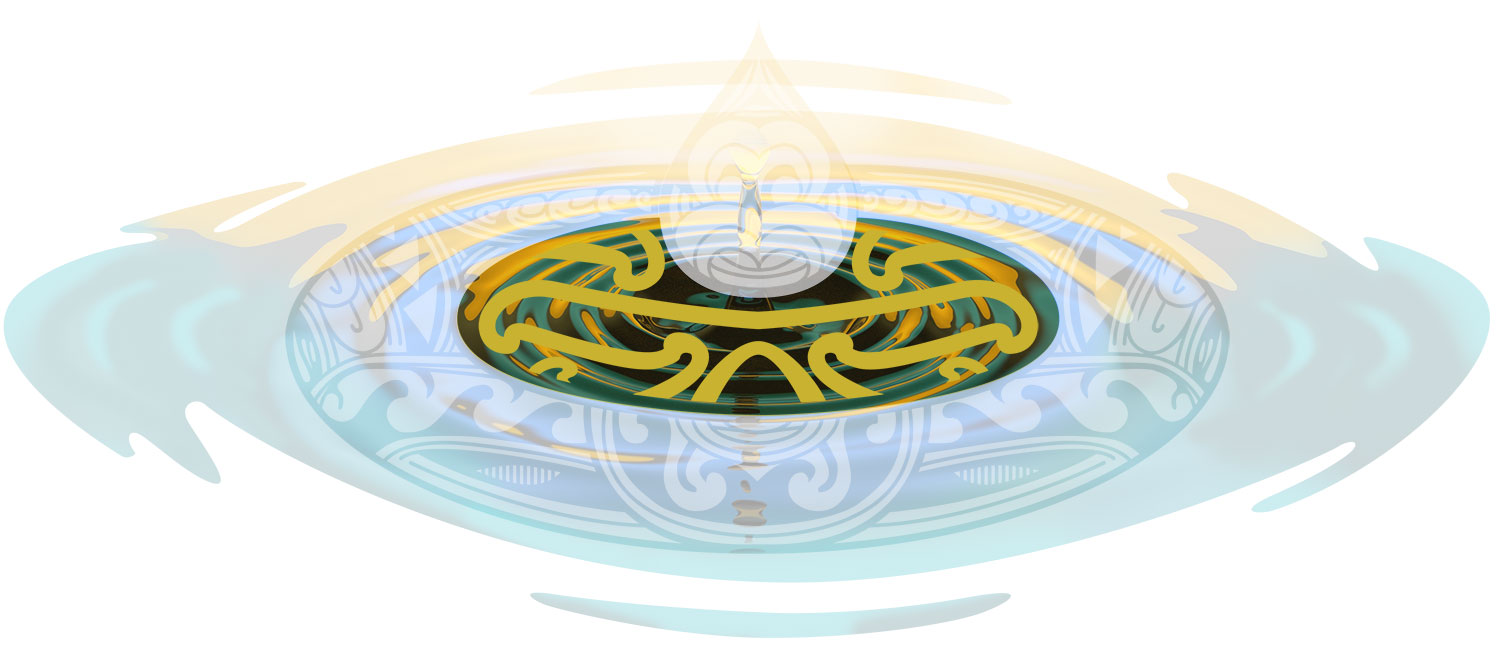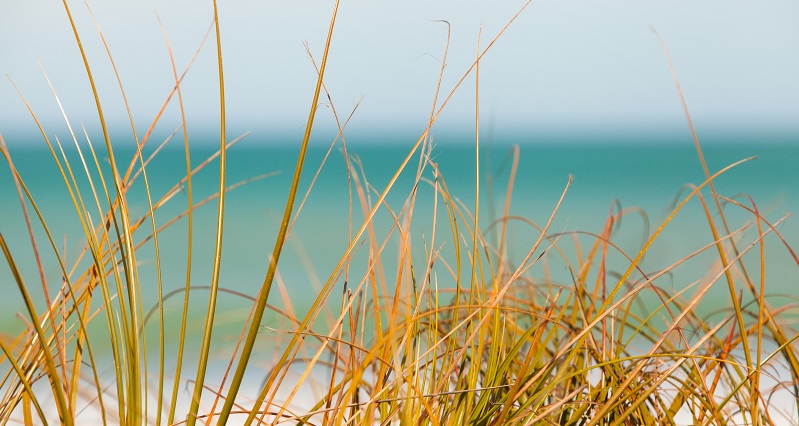MĀTAURANGA
The inner ripple of the Wai Puna water safety framework is tūpuna, traditional knowledge.

MĀTAURANGA
Māori knowledge and ways of knowing.
Mātauranga is about the knowledge or understanding of everything visible and invisible existing in the universe. These may be passed down through oral historical stories, visual art, poems, songs and waiata, etc.
This passing of knowledge, from traditional understandings and systems helps create intergenerational wisdom. But it is never static. When present-day knowledge is applied, mātauranga continues to strengthen our everyday lives.
Mātauranga knowledge and understanding provides an enabling power for water safety. This knowledge, including local knowledge, strengthens our connections with water and is a vital guide in all aspects of water safety practice.
How these people see Mātauranga:
"Mātauranga is like having open eyes and ears that see and hear. It might be in old stories, photos or artwork. Or it might be a gathering storm outside."
"It gives confidence to activities, knowing it’s based on what we know."
"It can stop something bad or create something good."
Knowledge, what is known and how
Values, practices, customs and beliefs comprise what is known about wai and the connection people, places, animals, birds and marine life have with wai and each other.
The passing on of knowledge through the generations
What is known and how is passed on through the generations from elders to mokopuna. It has no beginning and no end and is being constantly enhanced and refined. The past and present merge to enhance knowledge.
Interpretations, viewpoints and story telling
With knowledge, wisdom and understanding we connect toour sites of significance throughstories whichstrengthenour understanding of their importance. Through observations over long periods of time we describe those changes in our environment. This feeds our knowledge base and understanding which allows us to connect tothewai, and ourselves.
Stories
People or other sources of knowledge provide information about water safety and can be found in oral narratives such as pūrākau (stories), karakia (incantations), mōteatea (chants), whakataukī (proverbs) and pepeha (tribal sayings). READ MORE


